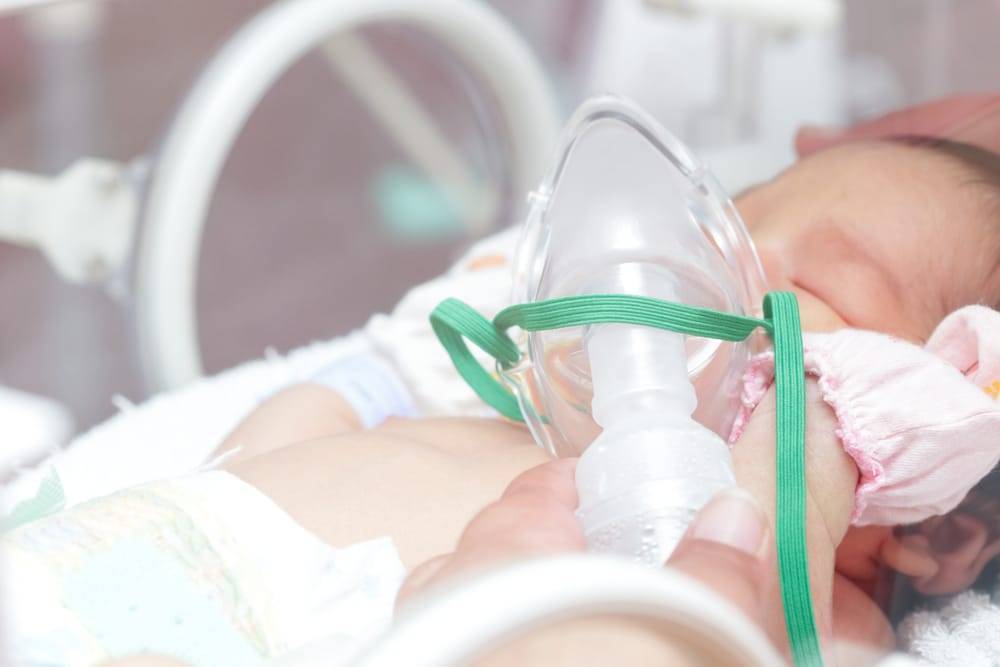In a heartbreaking turn of events, a two-month-old baby boy has succumbed to pertussis, commonly known as whooping cough, in Tanah Merah, Kelantan.
This tragic incident highlights the dangers of whooping cough and its devastating impact on the most vulnerable—infants.
The Rise of Whooping Cough Cases in Kelantan
Kelantan has witnessed a worrying spike in whooping cough cases, with 29 incidents reported across the state this year. The distribution of cases includes Kota Bharu with eleven cases, Tanah Merah with seven, Kuala Krai with four, Pasir Puteh with three, and Tumpat and Gua Musang each reporting two cases. This worrying trend highlights the need for urgent public health interventions to curb the spread of this highly contagious respiratory disease.
The Vulnerable Age Group
Of the 29 reported cases of whooping cough in Kelantan, 76 per cent involved babies aged between one and five months. This data is particularly concerning as infants are at the highest risk of severe complications and death from whooping cough. The disease can cause uncontrollable, violent coughing, often making breathing hard. After fits of many coughs, someone with pertussis often needs to take deep breaths, which results in a “whooping” sound. Pertussis most commonly affects infants and young children and can be fatal, especially in babies less than one year of age.
What is Pertussis
Pertussis, commonly known as whooping cough, is a highly contagious bacterial infection of the respiratory system. It is caused by the bacterium Bordetella pertussis. It is known for uncontrollable, violent coughing, often making breathing difficult. After coughing fits, individuals with pertussis often need to take deep breaths, resulting in a “whooping” sound, hence the name whooping cough.
Symptoms
The disease typically starts with cold-like symptoms such as nasal congestion, runny nose, fever, and a mild cough. These symptoms can last for one to two weeks. Subsequently, they are often followed by severe coughing fits that can interfere with eating, drinking, and even breathing. In infants, the disease can be particularly severe and can lead to complications such as pneumonia, seizures, brain damage, and in some cases, death.
Transmission
Pertussis is spread through respiratory droplets when an infected person coughs or sneezes. People infected with pertussis are most contagious during the early stages of the disease before the onset of intense coughing fits.
Vaccination
Vaccination is the most effective way to prevent pertussis. The DTaP vaccine (diphtheria, tetanus, and acellular pertussis) is recommended for infants and children in five shots. Adolescents and adults should receive the Tdap booster shot. This is especially if they are in close contact with infants or are healthcare workers. Pregnant women are also advised to get the Tdap vaccine during each pregnancy to protect newborns particularly vulnerable to the disease.
Treatment
Pertussis can be treated with antibiotics, which are most effective when started early in the disease. Treatment can help reduce the severity and duration of symptoms. It can also help prevent the spread of the disease to others. Close contacts of someone with pertussis may also be given antibiotics as a preventive measure, even if they are asymptomatic.
Despite the availability of vaccines, pertussis continues to be a public health concern. Outbreaks continue to occurr in populations with low vaccination rates. It underscores the importance of high vaccination coverage to protect against this serious and potentially life-threatening disease.

